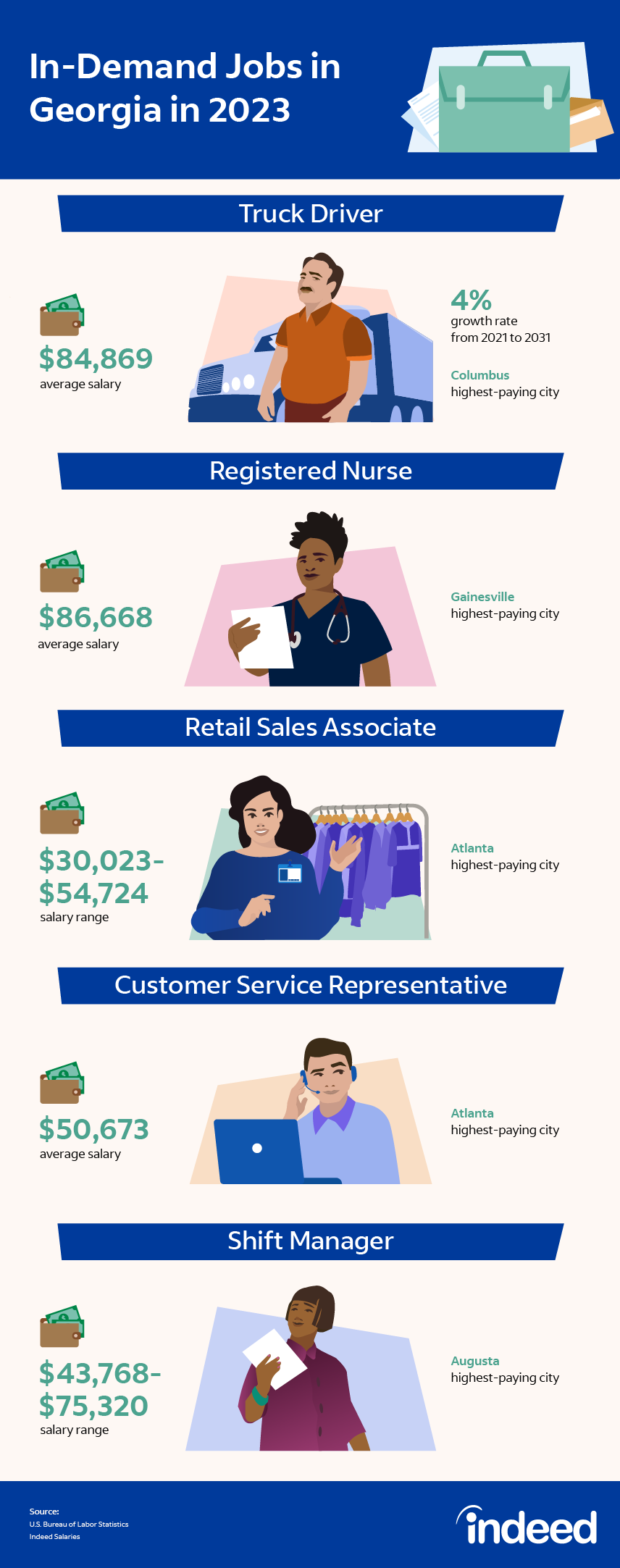Introduction
In Georgia, the demand for home aide jobs is on the rise, with many families seeking assistance for their loved ones. As these professionals step in to provide care, understanding the payment structures and the factors that influence wages is essential. This comprehensive guide delves into the specifics of payments for home aide jobs in Georgia, exploring various platforms, payment methods, and cultural nuances that characterize this essential service.
Overview of Home Aide Jobs in Georgia
Home aides play a crucial role in supporting individuals who may need assistance due to age, disability, or medical conditions. The duties of home aides can vary significantly, including personal care, meal preparation, and companionship. Understanding payment in this field is vital for both job seekers and families in need of these services.
Average Wages for Home Aide Jobs in Georgia
The average wage for home aides in Georgia can fluctuate based on factors such as experience, location, and the specific needs of clients. According to the Bureau of Labor Statistics, as of May 2023, the mean hourly wage for home health aides in Georgia is approximately $13.50, which translates to an annual salary of around $28,080. However, experienced aides or those providing specialized care may command higher rates.
Factors Influencing Payment
Numerous factors influence the wages of home aides in Georgia:
- Experience: More experienced aides typically earn higher wages.
- Location: Urban areas may offer higher pay due to increased demand.
- Client Needs: Specialized services (e.g., care for Alzheimer’s patients) usually warrant higher compensation.
- Certification: Certified aides often receive higher pay rates.
Payment Methods for Home Aide Jobs
When it comes to payment methods for home aide jobs, caregivers and clients have several options. Understanding these can help make the payment process smoother and more efficient.

1. Hourly Wages
Most home aides are paid hourly, making this the most common payment method. The average hourly rate can vary, but clients should expect around $13-$20 per hour, depending on the factors mentioned above.
2. Salary Packages
Some home aides may work under a salaried contract, especially if they are employed through a company. Salaried positions often offer more stability but may come with less flexibility in hours.

3. Payment Platforms
With the rise of technology, various platforms are available for home aides to manage payments efficiently:
- Venmo: A popular choice due to its user-friendly interface.
- PayPal: Offers more robust protection for transactions.
- Square: Ideal for those who need to invoice clients.
Comparison Table of Payment Platforms
| Platform | Fees | Best For | Security |
|---|---|---|---|
| Venmo | Free for personal transfers | Quick transfers | Basic encryption |
| PayPal | 2.9% + $0.30 per transaction | Business transactions | Advanced buyer/seller protection |
| Square | 2.6% + $0.10 per swipe | Invoicing and point-of-sale needs | Encryption and fraud detection |

Pros and Cons of Different Payment Methods
Hourly Payment
Pros: Flexibility for caregivers; payment directly corresponds to hours worked.
Cons: Income can be inconsistent; reliance on client availability.
Salary Packages
Pros: Stable income; predictable budgeting for caregivers.
Cons: Less flexibility; may require more hours without overtime pay.

Payment Platforms
Pros: Convenience; many options available for different needs.
Cons: Transaction fees can add up; potential for fraud or disputes.
Cultural Insights Regarding Home Aide Jobs in Georgia
Georgia boasts a rich cultural landscape, and this diversity reflects in the home aide services provided. Many home aides draw from their cultural backgrounds to create personalized care experiences. This cultural sensitivity can lead to better rapport with clients and families, fostering an environment of trust and respect.
Additionally, regional factors such as family dynamics and the role of community support impact how home aide jobs are perceived and compensated. Understanding these cultural nuances can significantly enhance the effectiveness of caregiving in Georgia.

Finding Home Aide Jobs in Georgia
With the growing demand for home aides, several platforms can help job seekers find opportunities:
1. Online Job Boards
Popular job boards like Indeed and Monster feature numerous listings for home aide jobs in Georgia. Job seekers can filter results based on location, salary, and job type.

2. Local Agencies
Many local home health agencies are hired by families seeking aides. These agencies often provide training and job placement services.
3. Networking
Networking within local communities and online groups can yield job opportunities. Many home aides find jobs through referrals or community contacts.

Tips for Home Aides Regarding Payment
1. Negotiate Rates
Don’t hesitate to discuss your rate with potential clients. Research local rates to ensure your compensation reflects your skills and experience.
2. Keep Accurate Records
Maintain detailed logs of hours worked and payment received to avoid disputes and ensure timely payment.

3. Use Contracts
Whenever possible, use a contract that outlines your services and payment terms. This can protect both you and the client.
4. Explore Tax Requirements
Understanding your tax obligations as a home aide is crucial. Keeping track of your income and expenses can streamline the tax preparation process.
FAQs about Payment of Home Aide Jobs in Georgia
What is the average hourly rate for home aides in Georgia?
The average hourly rate ranges from $13 to $20, depending on experience and location.
Are there any platforms specifically for home aides?
Yes, platforms like Care.com cater to caregivers and families looking for home aide services.
How can I ensure I get paid on time?
Maintain clear communication regarding payment terms and consider using invoices or contracts.
What should I do if a client fails to pay?
Document all communications and attempts to collect payment, and consider mediation or legal action if necessary.
Can home aides work independently?
Yes, many home aides operate independently, offering their services directly to clients without agency intervention.